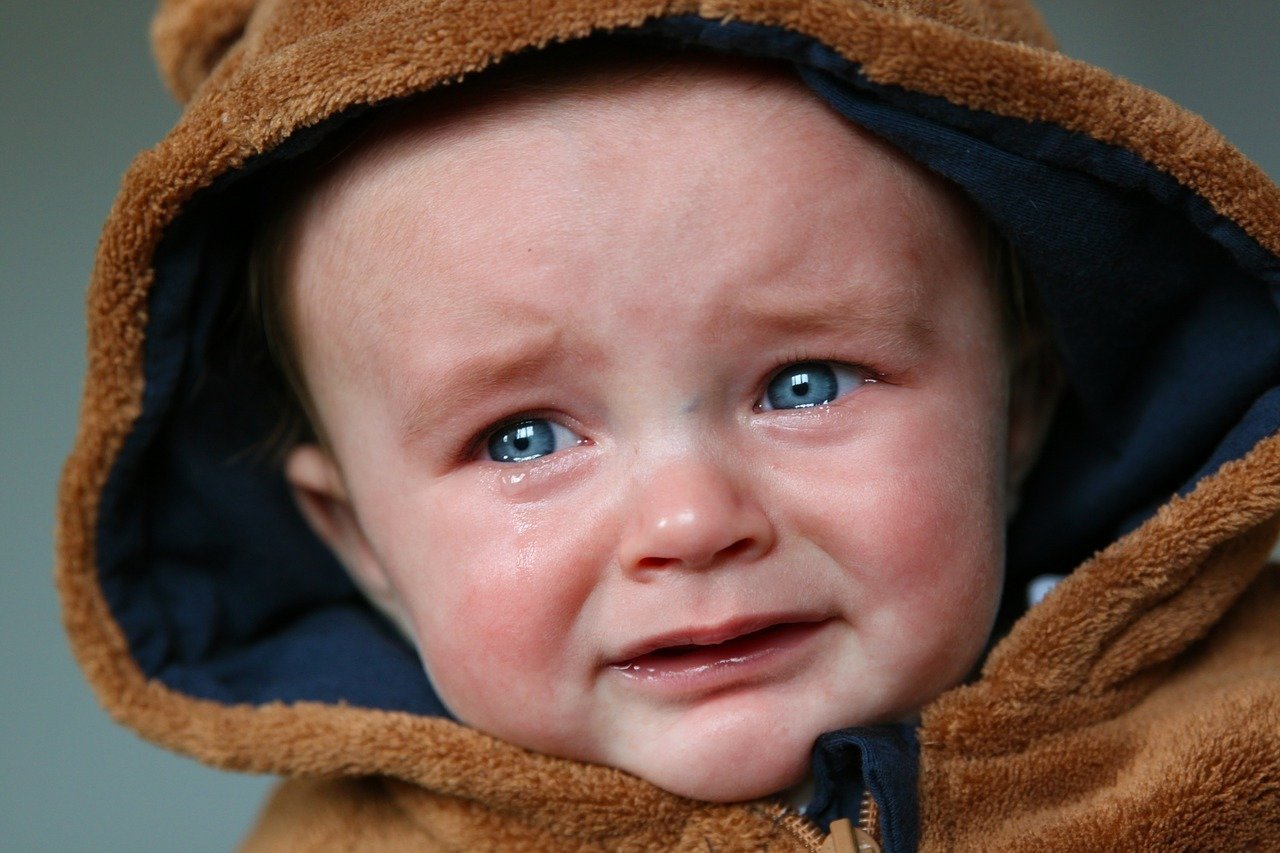Orbán’s family support has not been a success, the Hungarian population is falling

The number of births fell by 6.9 percent in November compared with the same month in the previous year, while deaths dropped by 5.6 percent, according to preliminary data published by the Central Statistical Office (KSH) on Monday.
Meanwhile, the number of marriages decreased by 2.2 percent in the same period.
Fully 6,780 children were born in November, while there were 10,351 deaths. Altogether, 3,107 couples got married.
The natural population loss was 3,571 people compared with 3,678 in October 2022.
Fully 78,579 children were born between January 2023 and November 2023, 3.1 percent fewer than in the same period of last year. Altogether 114,950 people died between January 2023 and November 2023, 7.2 percent fewer than in the same period of last year.
According to KSH, in the same period, 47,480 couples tied the knot, 22 percent fewer than in the same period of last year.
There were 8.9 live births and 13.1 deaths per thousand inhabitants, the former 0.02 of a percentage point lower than in the January-October 2022 period, while the death rate was 0.09 of a percentage point lower.
As we wrote earlier, Hungarian Central Statistical Office (KSH) has revealed the detailed results of the 2022 census, providing interesting data about the knowledge of languages, ethnicity and religion of Hungarians, details HERE.
Also we wrote about more than 400 thousand Hungarian will disappear by 2050, as population decline seems irreversible. But this number is not that scary if we put it into other perspectives, read more details HERE.


Lots of Politician spend, not a very convincing result:
https://www.statista.com/statistics/612074/fertility-rates-in-european-countries/
Obviously, something else is needed. Scaring the entire population for the future (“Hungary is under attack!”) is not helping – and fear is a powerful motivator.
Most western countries experienced the same or more and the goverments are doing little. Hungary has been a leader.
@TM please look at the comparative data, explain how it is “the same” and then define Hungary´s “Leader” role?
We may be slightly above the EU average, however no better than middle of the pack #factsnotstories
Orbán is a joke, so is Orbánistan.
If anything I support what the Fidesz government tried to do to help families. How they went about doing it is another thing such as having a policy where you loaned money on the promise to have three children. I can imaging couples trying their best but fear developing as pregnancy does not occur. The money has to be paid back. There is a lot of infertility out there for one thing. More importantly though it doesn’t matter how many incentives you give to have children if jobs do not pay well and you live on the edge trying to make a living. Double Income No Kids is the default way of making a living if you want to survive. Hungary is full of DINKS.
As long as wages remain as low as they are for many, people will not feel confident about having many children, I don’t think. Children are expensive, whatever the financial incentives that are offered are. When the general level of wages rises, and people feel they can afford “luxuries” such as another child, then it may happen. Having said that, a diet of negativity as is offered by the government media is hardly encouraging, either.
If money was the only motivating factor, poor countries would not have high birthrates. There is a crisis of faith and values in the developed world but liberals must be elated by this negative story.